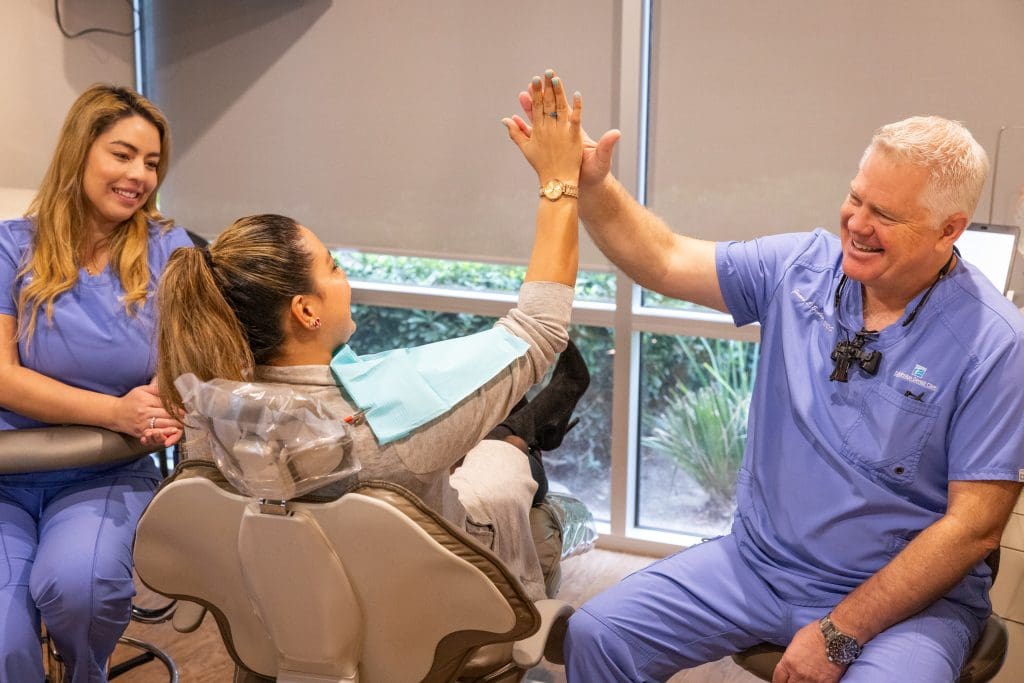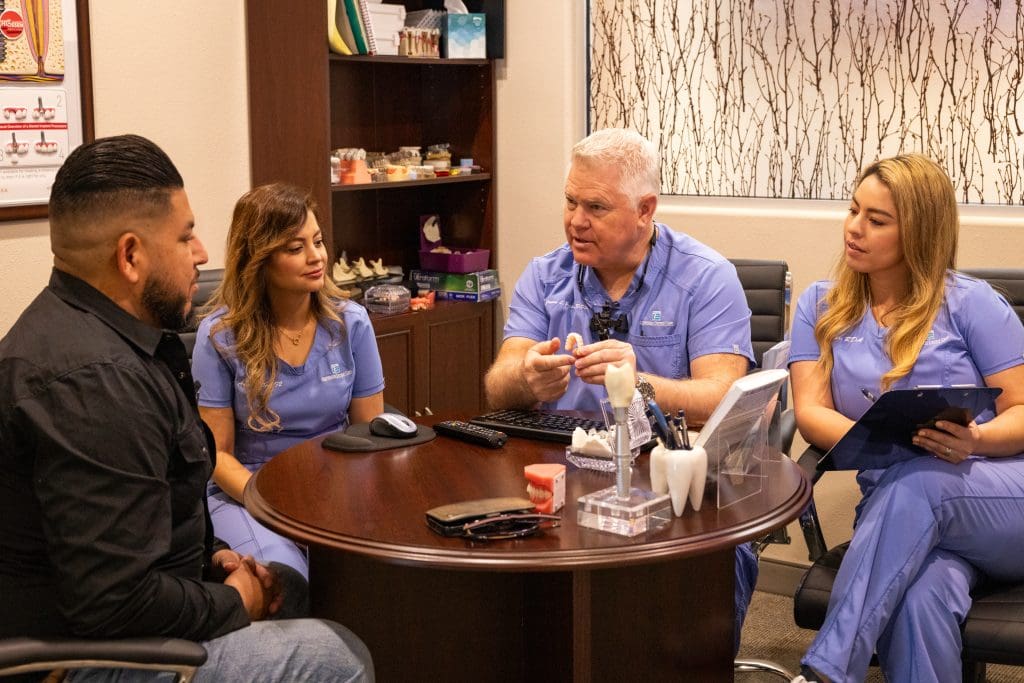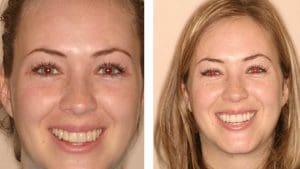Have you ever wondered about the pros and cons of laser cavity removal? This modern dental procedure offers a less invasive alternative to traditional drilling methods. While it can provide a more comfortable experience for some patients, it also comes with its own set of limitations and considerations.
Laser Cavity Removal: Pain and Discomfort Levels
When it comes to using lasers for treating cavities, one of the most significant advantages is the reduced pain and discomfort compared to traditional drilling methods. The laser technology precisely targets decayed areas without affecting the surrounding healthy tissue, which minimizes the need for anesthesia. Patients often report a more comfortable experience, with less vibration and noise, making it an ideal option for those with dental anxiety.
Moreover, the recovery time after using lasers for cavity treatment is typically shorter, as the procedure is less invasive. This means fewer post-treatment complications such as swelling or soreness. If you’re interested in learning more about how laser technology can improve your dental health, check out the Benefits of Laser Dental Cleaning.
Procedure Time Efficiency
One of the significant advantages of laser technology for cavities is its efficiency in terms of procedure time. Traditional methods often require more extensive preparation and recovery periods, whereas lasers can streamline the process. This means that patients typically spend less time in the dental chair, making it a more convenient option for those with busy schedules.
Moreover, the precision of laser treatments allows for quicker and more accurate treatments. This advanced technique minimizes the need for follow-up visits, as it effectively targets and removes decay with minimal impact on surrounding tissues. For more information on this cutting-edge approach, visit our page on Advanced Laser Dentistry Turlock.
Cost Considerations
When evaluating the pros and cons of laser treatments for cavities, cost considerations play a significant role. Using lasers can sometimes be more expensive than traditional methods due to the advanced technology and specialized equipment required. However, the potential benefits, such as reduced discomfort and quicker recovery times, might justify the higher price for some individuals. It’s essential to weigh these factors carefully when deciding if laser treatments are the right choice for your dental care needs.
Long-term Results
When considering laser treatments for cavities, one of the most significant factors to evaluate is the long-term results. Laser technology in dentistry has been praised for its precision and ability to target decayed areas without affecting the surrounding healthy tooth structure. This can potentially lead to better preservation of the tooth and a lower likelihood of future complications. Additionally, patients often report less discomfort and quicker recovery times, which can contribute to overall dental health in the long run. For more information on dental care options, visit Eggleston Dental Care, your trusted Turlock Dentist.
Recovery Time
When considering laser treatments for cavities, one of the key aspects to think about is the recovery time. Generally, patients who undergo laser treatments experience a quicker and more comfortable recovery compared to traditional methods. The precision of the laser allows for minimal damage to surrounding tissues, which can lead to less post-procedure discomfort and swelling. This means that individuals can often return to their normal activities sooner, making laser treatments an appealing option for those with busy schedules.
Accessibility and Availability
When considering laser treatments for cavities, accessibility and availability are crucial factors. While this advanced dental technology is becoming more widespread, it is still not universally available in all dental practices. Urban areas are more likely to offer laser treatments due to higher demand and better access to cutting-edge equipment. However, rural or less populated regions may have limited options, requiring patients to travel further for this service. Additionally, the cost can be a barrier for some, as not all insurance plans cover laser treatments. Despite these challenges, the growing popularity of laser treatments is driving more dentists to adopt this technology, gradually improving its accessibility and availability.
Potential Side Effects
While laser treatments for cavities are generally considered safe and effective, they are not without potential side effects. Some patients may experience temporary sensitivity in the treated area, which can cause discomfort when consuming hot or cold foods and beverages. Additionally, there is a slight risk of gum tissue damage if the laser is not precisely controlled. It’s also worth noting that laser treatments may not be suitable for all types of cavities, particularly those that are deep or located in hard-to-reach areas. As with any dental procedure, it’s essential to consult with your dentist to determine if laser treatments are the best option for your specific needs.
Patient Eligibility Criteria
When considering laser treatments for cavities, it’s essential to determine if you are an ideal candidate for this advanced dental procedure. Generally, patients with small to medium-sized cavities are the best candidates for laser treatments. This method is particularly beneficial for those who experience dental anxiety, as it is less invasive and often eliminates the need for anesthesia. However, individuals with larger cavities or those requiring extensive dental work may not be suitable for laser treatment. Always consult with your dentist to evaluate your specific dental needs and to confirm if laser treatments are the right option for you.
Comparison with Traditional Methods
When comparing laser treatments for cavities to traditional methods, several key differences emerge. Laser treatments offer a minimally invasive alternative to the conventional drill-and-fill approach, reducing patient discomfort and anxiety. Unlike traditional methods that often require anesthesia and can cause micro-fractures in the tooth structure, laser technology precisely targets decayed areas, preserving more of the healthy tooth. Additionally, the laser’s sterilizing effect minimizes the risk of bacterial infection, promoting faster healing. While traditional methods remain effective, the advanced precision and comfort of laser treatments make it an increasingly popular choice among patients and dental professionals alike.
Conclusion
Considering the pros and cons of laser treatments for cavities can help you make an informed decision. For more information, call 209-634-5871 or read reviews on Google Maps.









